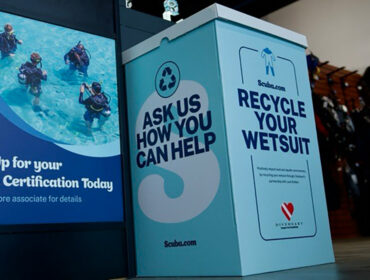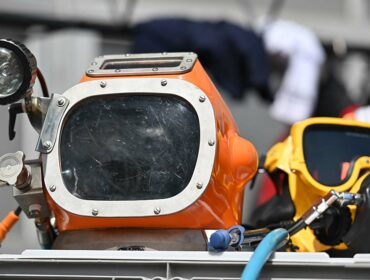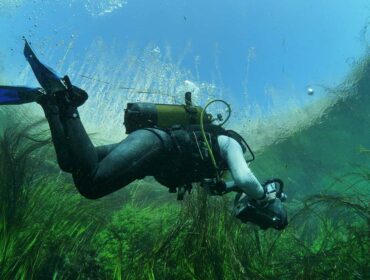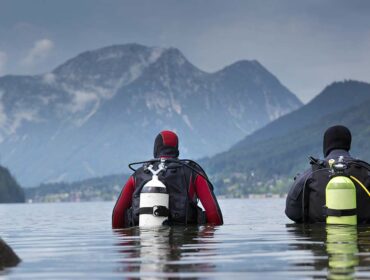SCUBA diving is definitely one of the more detail-oriented activities you can involve yourself in. There are several things you must learn in order to simply breathe underwater, let alone the intricacies of actual diving. So naturally, there are going to be mishaps and errors while one becomes accustomed to the issues associated with underwater exploration. There are a few problems that never fail to frustrate newer divers, but fortunately have an easy fix. Here are a few solutions to some of the most common SCUBA problems.
How do I keep my mask from fogging up?
This is one of the most basic issues a new diver will experience, but never fear — the solution is all too easy. There are inexpensive products on the market that shield your lens from fog by creating a thin barrier that won’t allow condensation to occur. A few drops rubbed around the inside of your lens and rinsed will generally last 2-3 dives. In a pinch, saliva will work the same way, but won’t last more than a dive. Along with all your SCUBA gear, taking good care of your mask will help you to have good vision on every dive.
How do I equalize my ear pressure?
Not being to equalize your ear pressure underwater is not only uncomfortable, it can be dangerous. If you try to forge ahead without equalizing, the pressure can cause ear barotrauma or ruptured eardrums, neither of which are anything to be taken lightly. The most common method for equalizing ear pressure is to hold the nostrils closed while blowing out your nose, or by swallowing or wiggling the jaw. Many divers equalize every few feet of their descent to ensure the pressure is being properly distributed for the duration if the dive. A diver should not continue on the dive if equalization cannot be achieved. Having a cold or a sinus infection will definitely give you some trouble equalizing, so make sure you take a day off and rest so you can be in good condition for your next dive.
How can I improve my buoyancy control?
SCUBA diving is no fun when you’re trying frantically to stay off the sea floor or get closer to it. SCUBA training includes techniques for buoyancy control, but practice will make perfect. Remember that the air in your lungs is an important component of your buoyancy, not just the air in your BCD. And of course, the temperature and type of water you are diving in are significant factors in deciding how much weight you will need for your dive. If you can, practice in a swimming pool between dives to increase your experience with buoyancy control.





